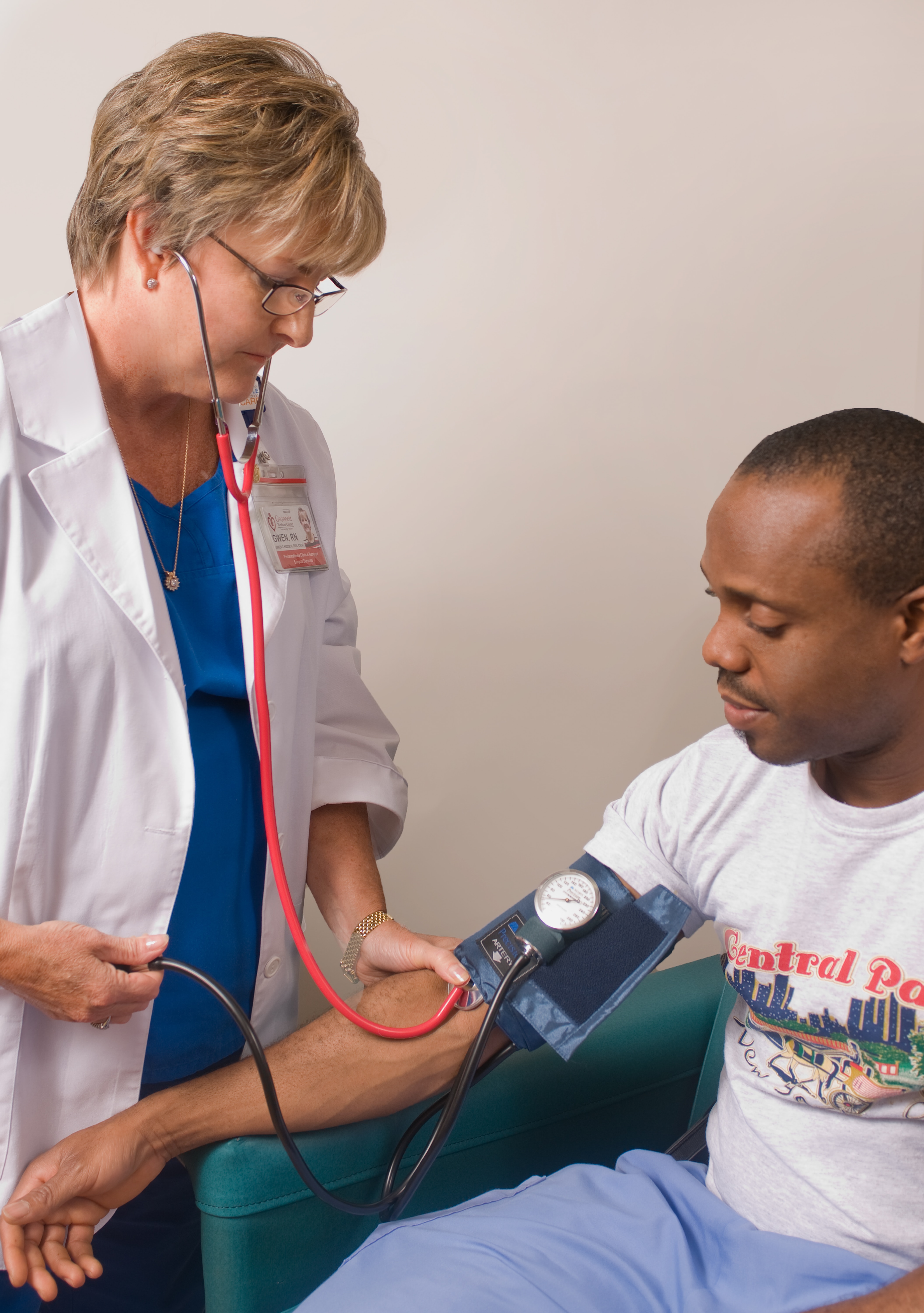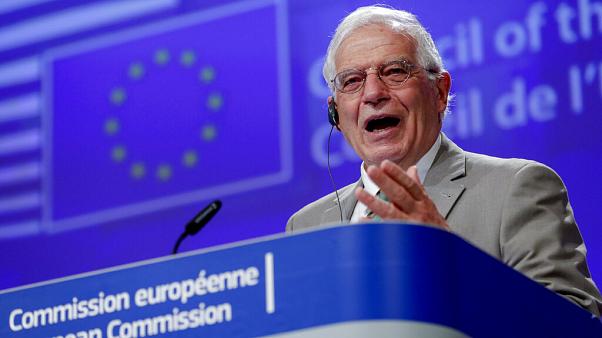MEPs say they want to reinforce measures to ensure improved protection for citizens that donate blood, tissues or cells, or are treated with these substances.
The Committee on the Environment, Public Health and Food Safety (ENVI) adopted its position on new rules governing the use of so-called substances of human origin (SoHO) in the EU.
The law applies to substances – such as blood and its components (red/white cells, plasma), tissues and cells – that are used for transfusions, therapies, transplantations or medically assisted reproduction.
MEPs insist EU countries should allow for compensation or reimbursement for losses or expenses, related to their participation in donations, to living donors.
This could be facilitated through for example, compensatory leave, tax reductions or flat rate allowances set at the national level.
They stress that compensation should not be used as an incentive to recruit donors, nor lead to the exploitation of vulnerable people. MEPs also want EU countries to enforce strict rules on advertising around SoHO donations, which should prohibit any references to financial rewards.
In order to ensure the autonomy of the EU’s supply of these substances, EU countries should establish “national emergency and continuity of supply plans”, which should include measures to ensure a resilient donor base, monitoring of the supply of critical SoHOs and proposals to improve cooperation between countries with excess stocks and those experiencing shortages.
MEPs also call for the EU to establish a digital communication channel as part of these national plans, to store and analyse information on SoHOs availability, fluctuations and potential shortages.
MEPs want the Commission to create an EU list of critical SoHOs, accompanied by a roadmap with ambitious targets for ensuring their availability.
The strategy should include communication campaigns on the types of donations available, training for healthcare workers to raise awareness on donations, and facilitating the exchange of best practices.
After the vote, rapporteur Nathalie Colin-Oesterle (EPP, FR) said: “This law is crucial to the safety of donors, the well-being of patients, the security of supply, and the development of innovative medical techniques in Europe. By improving the coordination and exchange of information, the flow of SoHO and associated medical know-how will be facilitated for the benefit of European patients.”
“While Europe currently imports a portion of its SoHO needs, including 40% of its plasma, the compromise that we reached commits our continent to securing its long-term supply.”




